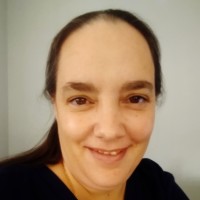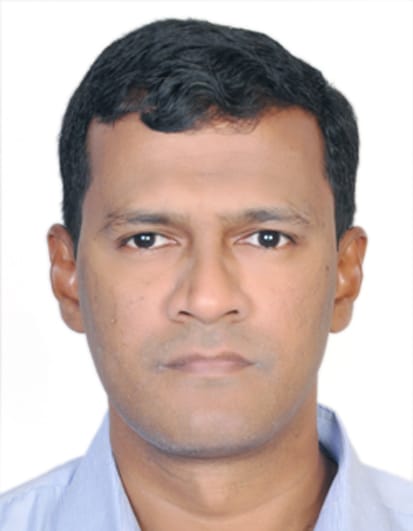Scientific Program
Keynote Session:
Title: The important benefits of different foods in the fight against cancer
Biography:
Daniela Capdepon, received from Medica at 22 years old and graduated with Honors from the medical school. She completed her Specialty in Clinical Oncology at the Universidad del Salvador, Buenos Aires, Argentina. She became the Medical Director of the Campana Cancer Center at age 32. She has many presentations at international congresses as well as being part of the organizing committee of several international congresses.She also has more than 20 publications and has served as a member of the editorial board of renowned magazines.
Abstract:
There is no doubt that eating correctly and in a healthy way prevents us from developing certain diseases. More and more, doctors show and reveal that some cancers are closely linked to what we eat.In fact, experts say that more than 50% of cancerous tumors could be prevented with a healthy diet. Fruits, vegetables, and greens, among many other foods, are part of anti-cancer foods.Many foods have been identified as anticancer agents, such as oily fish, olive oil, berries, walnuts, garlic, and broccoli, among others.Today, modern medicine relies on careful study and isolation of compounds or proteins from these products, however, this can be very difficult to achieve as these products are often made up of dozens or hundreds of proteins.This is why developing a safe, effective, and reproducible drug is a challenge since the composition of a pharmacological product depends on several methods to be used and developed.
Title: Machine learning in Oncology: What should clinicians know?
Biography:
Deepak Mane is a Senior Data Scientist/Enterprise Solution Architect in Global Consulting practice - Performance Engineering Lab at Tata Research Development and Design Center (A Research wing of TCS). In his previous role he was Scientific Officer at Tata Institute of Fundamental Research (TIFR). Deepak Mane has 17+ years of experience as Data Scientist/Enteprise Solution architect in Data Science, Data Management, governance, Science and Analytics, Big Data, Cloud Computing, Artificial Intelligence, Machine Learning, Deep Learning. Currently, he is working as Senior Data Scientist Commonwealth Bank of Australia through TCS. He has 7+ onsite experience at various locations such as USA, Europe, Australia and Asia in big data and cloud domain. Deepak Mane holds 6 certifications in the Data Science and cloud computing domain. He has published 21 papers in Conferences Seminars, and has been conducting Seminars/workshops at various colleges in Maharashtra and MP under AIP/FDP activities - TCS. He's also a mentor for KreSIT, Indian Institute of Technology - Mumbai. He is working as Reviewer for 10 Scopus and Springer Journals including cyber war, cyber security, artificial Intelligence. He has also been a Speaker for various international conferences across the globe(UK, USA, INDIA). He is also a member of the Technical program committee and reviewer for national/International conferences.
Abstract:
Over recent years, the amount and scope of scientific and clinical data in oncology has increased significantly, including but not limited to the field of electronic health data, radiographic and histological data and genomics. This growth promises a deeper understanding of malignancy and therefore personalised and more reliable oncological treatment. However, such objectives entail the creation of new methods to allow full use of the wealth of available data. Improvements in computer processing power and the advancement of algorithms have placed master learning, an artificial intelligence branch, in the field of oncology research and practise. This analysis offers a summary of the fundamentals of computer education and addresses recent advances and difficulties in the application of this technology to cancer diagnostics, prognosis, and treatment recommendations.



